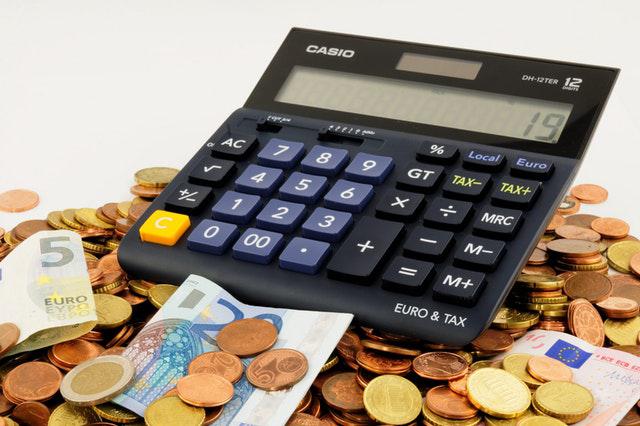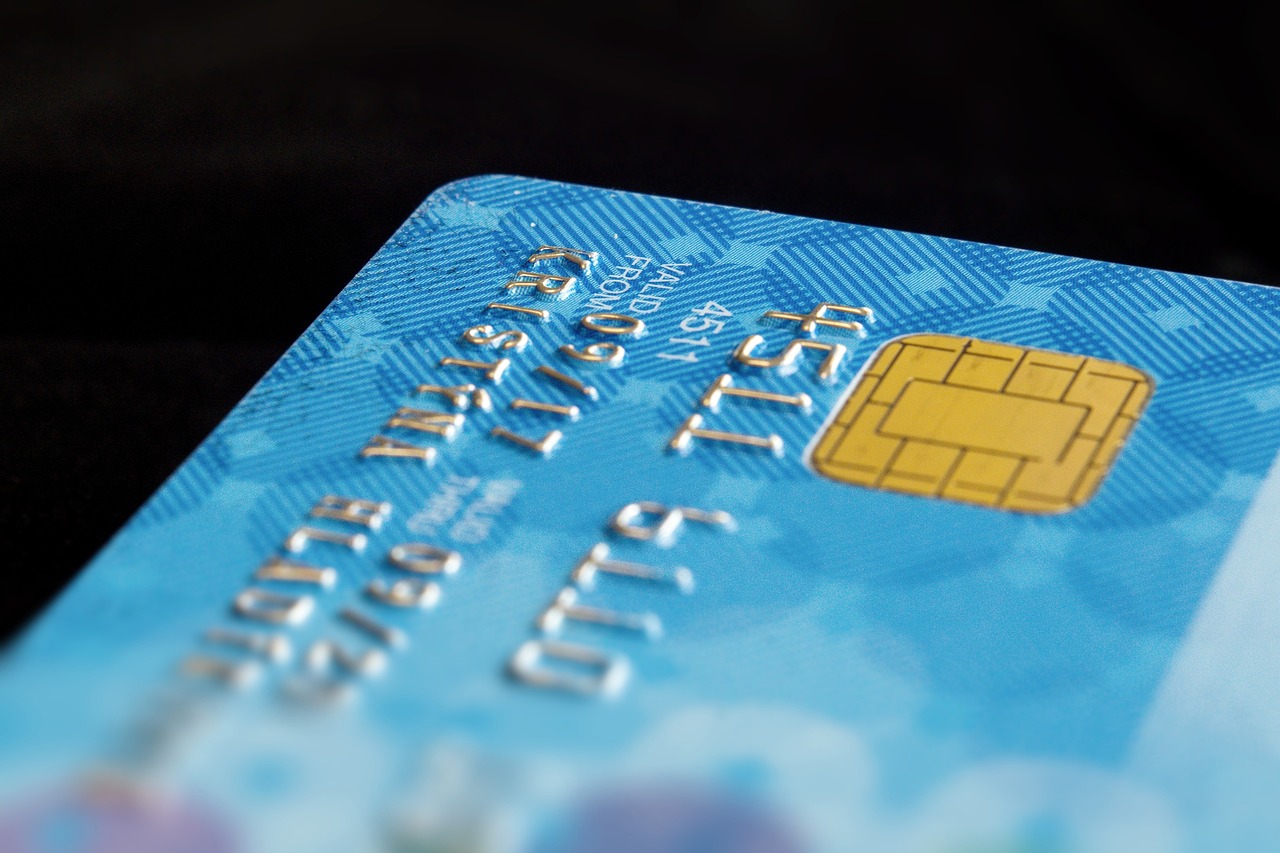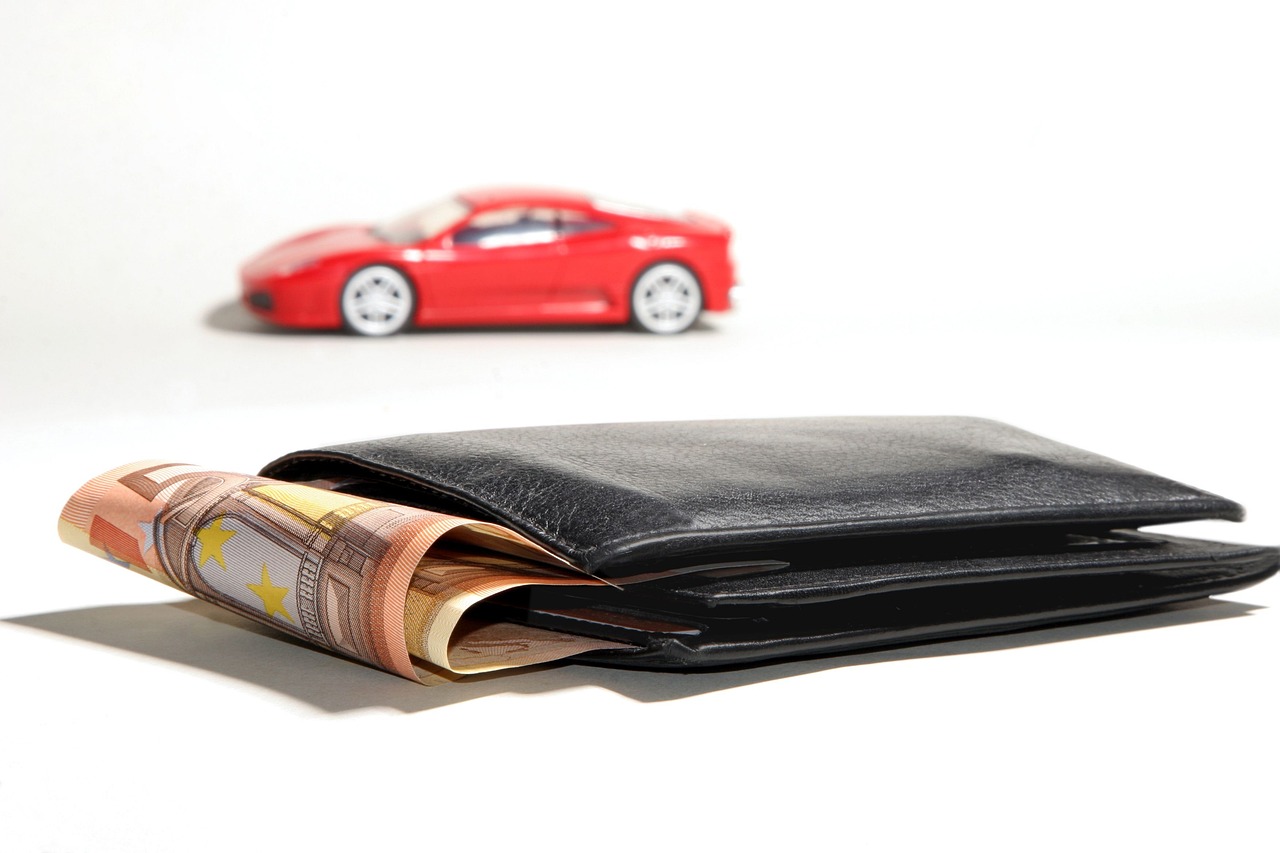These Small Life Changes Could Put $10k A Year Back Into Your Bank Account

How would it be to be able to save around $10K per year making just small changes? We promise we won’t even mention the gym membership you don’t use or your inflated cable subscription.
It might sound like those miracle cures of losing 10 pounds in 10 days, but it has more to do with being thrifty, looking at all the options and not settling for the first choice. Also, the advice we are about to give is aimed to simplify your life, de-clutter and help you lead a more meaningful existence while being eco-friendly.
Utilities

Your home is your safe fort, but also a cost generator. Be ready to make some investments that will pay off and help you save in the long run.
First, stop all leakages by proper insulation of pipes, chimneys and draft-proofing the windows and doors.
Next, be sure to program your thermostat right, as your HVAC system is responsible for almost half of your energy consumption. The right settings are around 85/78 for the summer and 68/58 for winter. You can save about $180 per year like this.
Replace all your light bulbs with LED to save up to $1400 for every LED bulb compared to a traditional one or up to $1000 when compared to an old energy saving incandescent. The same goes for large household appliances like fridges and washing machines, but the initial investment could take years to even out, so these are not first on the list.
Lower your water heater at 120 to save around $50 per year, compared to keeping the temperature around 140. You can also try the old brick trick, to limit the amount of water that gets into the WC’s basin and the amount your waste when you flush.
If you are looking to make the most out of this, go the extra mile and create a “turn off” program for all the unused devices during the night and while you are away. Your TV box alone is around $18 per year, not to count the router.
Total savings: At least $1250 per year.
Food (groceries and eating out)

First, let go of all prejudice related to coupons and buying in bulk. It’s not only for moms with more than four children or poor people. Look at vouchers as free money. You wouldn’t leave a $5 note on the street, would you? To take full advantage of this technique, get organized and only get out those coupons for the products you need. Also, only pay in cash and carry just 10-15% more than you expect to spend to avoid additional credit.
Next, make a severe ban on the following:
- Bottled water- Save at least $365 a year by letting go of the habit of just getting a bottle now and then.
- Vending-machine/ on the go coffee- This detailed study shows that brewing your own coffee can save you between $200 and $800 per year, depending on the amount.
- Nothing pre-sliced or individually wrapped. Vegetables that were washed, cut and packaged are about 4 times more expensive.
- Shop on Wednesday to get discounts on last week’s promotions.
If you are eating out, go for the largest portion and ask for leftovers or share your meal in half with your date. It’s not only romantic but also better for your health and wallet. Did you know that 92% of restaurants give you portions that have a whole lot more than the recommended calorie count?
Total savings: At least $750 per year.
Transportation

To cut down on pollution and save a few dollars, it’s best to evaluate the options we have for our daily commute and general traveling. Of course, walking and biking are free, but not feasible in every season.
Carpooling could reduce costs by at least half, and a public transportation pass should be around $100 per month or less. Use a calculator to estimate the amount you spend on gas and take a wise decision.
If you must drive, use these tricks to save some gas:
- Slow down to about 65mph and let your windows down instead of using the AC. This can result in a 10% fuel economy, approximately $500 per year.
- Inflate your tires to the recommended amount to use 4% less fuel, about $80 per year.
- Don’t use toll roads by setting your GPS to reroute you away from these; savings can be around $50 yearly.
- Eliminate all junk from your car and only carry necessary items such as medical kit, spare tire, and jack to save 2% on fuel ($40).
- Get new quotes for car insurance every six or twelve months.
Look for gas discount cards or for benefits of this kind on one of your existing credit cards. Some companies offer between 2-5% cash-back on purchases from gas stations.
Of course, you can move closer to the office or work from home if your company allows it.
Expected savings: starting at $500 per year.
Housing

We are not going to advise you to go live on a school bus, or camp half of the year, not everybody has the mindset for that. Instead, we think about bringing back some old-school housekeeping rule and home economics like repair instead of buying and prevent instead of repairing. Also, we advise you on downsizing and exploring less exciting cities.
- Buy property in a place where it is cheaper. We’re not going to say Detroit again, but here is a nice list. You can save around $400 per month on your mortgage if you choose these low budget options.
- Become a minimalist. Sell, donate or just throw away what you are not using. Don’t put stuff in a storage unit, since it only means wasting between $1000-1500 per year.
- Learn how to do minimal house repairs on your own like repairing a clogged drain, which can set you back around $200. Nowadays there is a YouTube channel for anything you can imagine.
- Don’t take the DIY route when it comes to electric panels, gas, and other dangerous repairs. Gere, it is cheaper to get professional help.
If you have just finished your education and are not ready to settle, there are less conventional options out there, like couch surfing, living in a trailer or with your parents to save money or even globetrotting and working for housing.
Expected savings: at least $6000 per year.
Finances and Taxes

Although it sounds like a paradox, doing your taxes right can help you save money. To play this game, you got to learn all the rules and see where do you fit in. Be sure to talk to a tax adviser and check all the deductions you qualify for.
Here are a few tax deductions that you might not know about:
- Charity deductions, as long as you pick an organization that is accepted by the IRS.
- Commuting and home office expenses, as you shouldn’t be paying to get to work or pay as an individual for business-related expenses. Expect to get about $250 back for parking and $130 for public transportation.
- Moving expenses are also covered by a deduction. Even help related to quitting smoking is deductible, not to count the money you save on cigarettes.
- Education is also highly prized by the IRS, and you can get deductions up to $4000 for continuing your education or around $1000 if you encourage your child to take informal learning such as a summer camp.
When hoping to get some IRS deductions, be sure you agree with your significant other if you are married. The harmony in your family should also reflect on your IRS forms, and you need to come to terms, and either both itemize or each claim bulk deductions.
Expected savings: $1500 per year.
There you have it: a simple road-map to savings of about $10K while learning more about taxes, life, gaining new skills, and getting out of the rat race. How many of these ideas have you already tried and worked for you? Any other advice?
What's Trending








